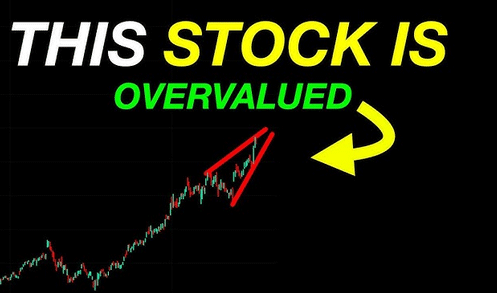US-Venezuela Tensions Escalate: Oil Prices See Saw
The recent escalation of tensions between the United States and Venezuela has sparked concerns about potential military action, with oil prices seesawing in response to reports and denials. Here’s a comprehensive analysis of the situation, covering the key aspects of the conflict, potential consequences, and implications for global energy markets.
Background: US-Venezuela Relations and Oil Interests
Venezuela possesses the world’s largest proven oil reserves, estimated at 303.8 billion barrels. The country’s oil industry has been severely impacted by US sanctions, which have crippled production and contributed to the economic crisis. The US has historically utilized a combination of economic sanctions, diplomatic pressure, and support for opposition groups to influence political outcomes in Venezuela ¹.
The Current Crisis: Reports and Denials
Reports emerged that the US was considering military action against Venezuela, with potential targets including oil infrastructure and command-and-control centers. However, President Donald Trump denied these reports on social media, leaving the situation uncertain. Analyst Phil Flynn questioned whether this was another instance of Trump’s “trick or treat,” referencing Trump’s past actions on Iran ¹.
Potential Consequences: Oil Prices, Humanitarian Crisis, and Regional Instability
Military action in Venezuela could have significant consequences, including ¹ ²:
- Oil Price Volatility: Disruption of Venezuelan oil production could lead to a spike in global oil prices, affecting energy markets and economies worldwide.
- Humanitarian Crisis: Bombing and ground operations could exacerbate the existing humanitarian crisis in Venezuela, leading to widespread displacement and loss of life.
- Regional Instability: A conflict in Venezuela could destabilize the entire region, potentially drawing in other countries and leading to a prolonged guerrilla war.
International Law and Human Rights Concerns
The potential US military intervention in Venezuela raises concerns about international law and human rights. The United Nations has accused the US of violating international law with previous actions, and critics argue that military action would be a violation of Venezuela’s sovereignty ¹.
Global Energy Market Implications
The US-Venezuela oil conflict has significant implications for global energy markets, including ³ ⁴:
- Oil Price Dynamics: The conflict could lead to increased price volatility, affecting energy markets and economies worldwide.
- Supply Chain Disruptions: Disruptions to Venezuelan oil production could impact global supply chains, leading to shortages and price increases.
- Shifting Global Alliances: The conflict could lead to shifting global alliances, with countries like China and Russia potentially increasing their influence in the region.
Conclusion
The situation in Venezuela is complex, with multiple factors at play. The potential US military intervention has sparked concerns about international law, human rights, and global energy markets. As the situation continues to unfold, it is essential to monitor developments closely and consider the potential consequences of military action.
Key Takeaways:
- US Sanctions: The US has imposed sanctions on Venezuela, crippling its oil industry and contributing to the economic crisis.
- Military Action: Reports of potential US military action against Venezuela have sparked concerns about oil price volatility, humanitarian crisis, and regional instability.
- International Law: The potential US military intervention raises concerns about international law and human rights.
- Global Energy Markets: The conflict could lead to increased price volatility, supply chain disruptions, and shifting global alliances.








